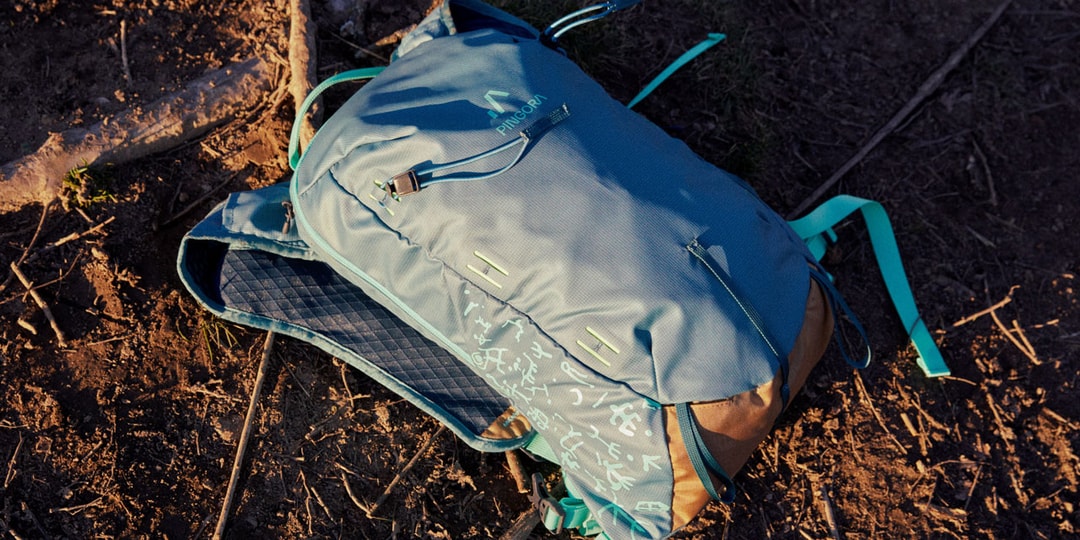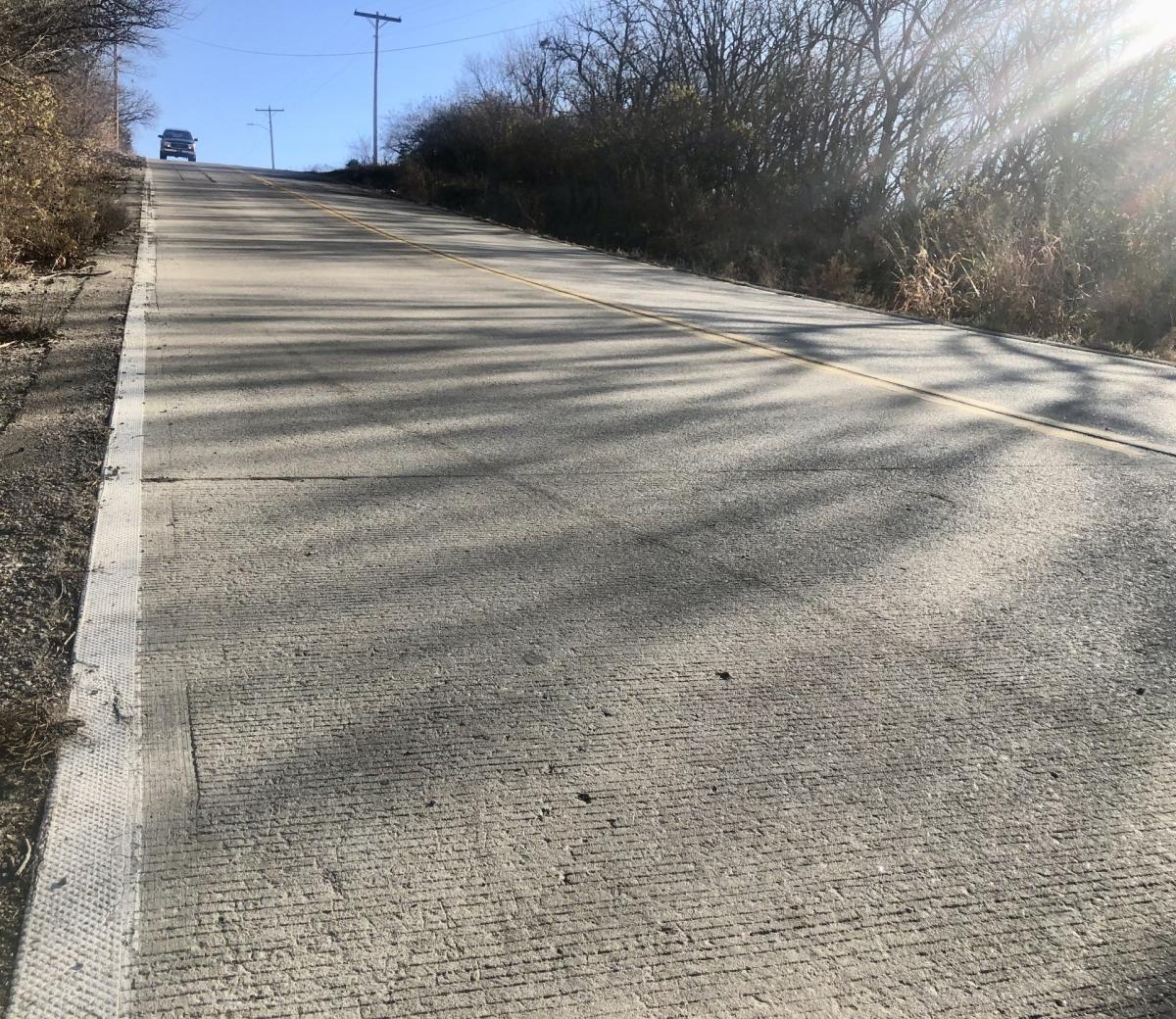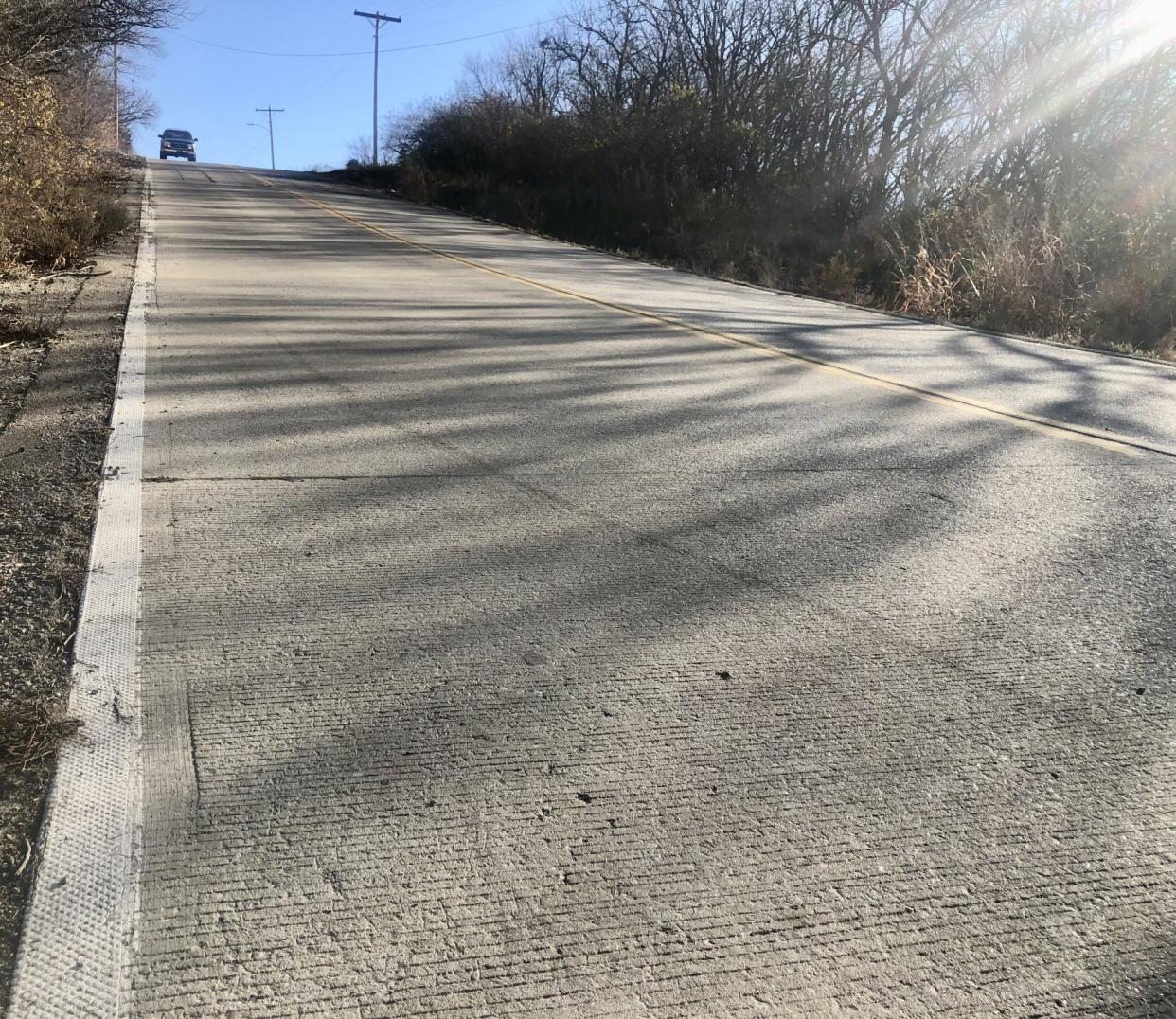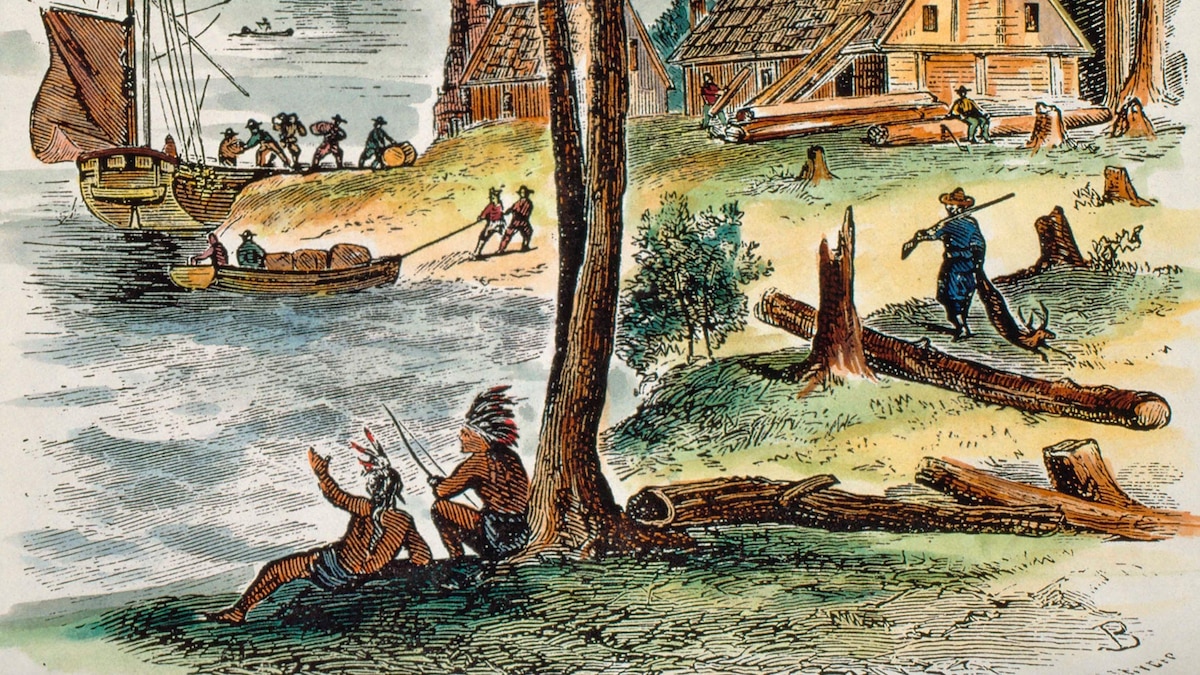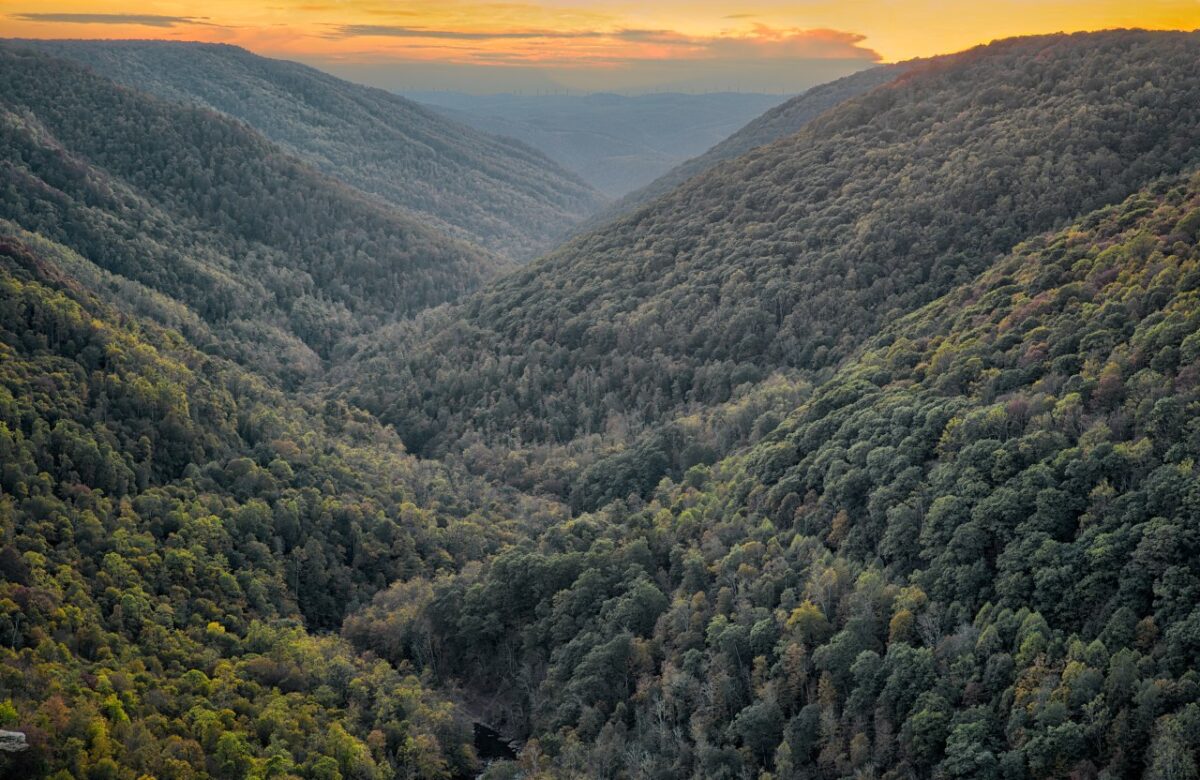After a busy day Friday with four non-public state championships, we turn our focus to the public state finals. Stay tuned all day long as we bring you highlights from both the boys’ and girls’ Group 2 and Group 4 state championships!
After a wild few days headlined by controversies on the court and decisions made in courtrooms, the Panthers dominated on the big stage to win their 13th overall state championship. Camden (30-2) led Arts (24-9) wire to wire and controlled the game from the get-go. Emmanuel Joe-Samuel led all scorers with a game-high 23 points. This game came just a few days after the controversial ending to the Group 2 state semifinal – Manasquan defeated Camden on a last second buzzer-beating shot but the basket was overturned, thus awarding the Panthers the win and a trip to the final.
JSZ’s Jay Cook has the highlights:
The Warriors are back on top in Group 2 for the second time in three seasons after a dominant effort in the state final against the Dodgers. Bucknell commit Hope Masonius poured in a game-high 18 points to lead the Warriors to its ninth state championship in program history. UPenn commit Katie Collins went for six points, nine rebounds, and six blocks for Manasquan (26-5). Charlotte Tuhy finished with a team-high nine points for Madison (24-7).
JSZ’s James Mooney has the highlights and reaction:

Jersey Sports Zone’s coverage of Manasquan is made possible by Ramapo College.
Elizabeth defeated Lenape 57-41 for their second Group 4 State Championship since 2022. A quiet first half would see The Minutemen leading 19-11 at the break, but a wild third quarter would see Lenape go on…

